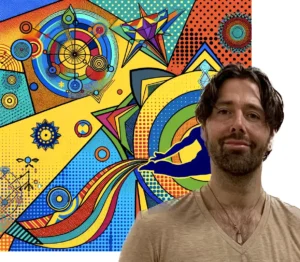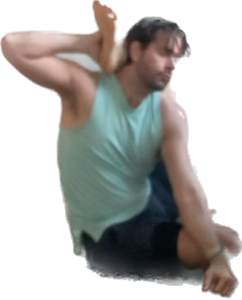I was shocked when Lululemon moved into the neighborhood, and now I’m shocked it’s gone
They closed down the @lululemon in my neighborhood because the theft was just too high. Bummer. I was a brand ambassador for lulu for a few years. My image got used nationally. It was super cool. Lululemon helped me leverage my skillfulness as a teacher into something more meaningful. By offering opportunities to teach via their community development projects (for which i was paid and dressed) i was able to reach across the city to find intereated practitioners. So weird to have been an influencer before there were “influencers,” or…











